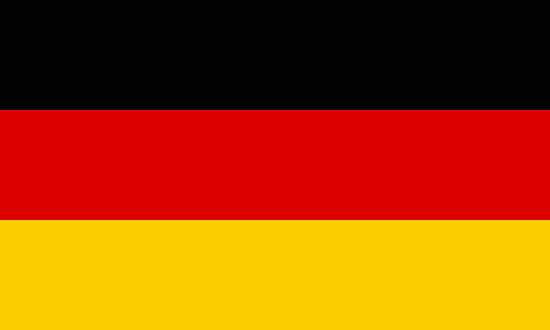"Tor zur Welt | Gateway to the World"
About:
Hamburg, Germany, founded in 810 by Charlemagne, grew as a key trade center due to its strategic port location. It joined the Hanseatic League in 1321, bolstering its economic influence. Devastated by the Great Fire of 1842 and WWII bombings, it rebuilt each time, becoming Germany's second-largest city. Today, it's known for its bustling port, diverse architecture, and cultural landmarks like the Elbphilharmonie and Speicherstadt, a UNESCO World Heritage site.
When to visit:
Hamburg, a vibrant city in northern Germany, experiences a temperate maritime climate with mild summers and cool winters. The best time to visit Hamburg for a holiday is during the summer months from June to August when the weather is warm and pleasant, making it ideal for exploring the city's numerous attractions and outdoor activities. The summer season also coincides with popular events such as the Hamburger Dom fair and the Alstervergnügen festival, offering visitors a chance to immerse themselves in the local culture and traditions. However, Hamburg's festive atmosphere during the winter holiday season, especially around Christmas markets, can also be a magical experience for those seeking a festive getaway.
When to avoid:
Hamburg, Germany experiences its peak tourist season during the summer months of June to August, attracting large crowds and higher prices. However, the worst time to travel to Hamburg on a holiday would be during the winter months of December to February. The city's maritime climate brings cold temperatures, frequent rain, and shorter daylight hours during this time, making outdoor sightseeing less enjoyable. Additionally, many tourist attractions and outdoor activities may be limited or closed during the winter season.
Winter (Dec-Feb)
In Hamburg, winter (December-February) is the coldest season. Average temperatures hover around 0-3°C, often dipping below freezing. Rain is frequent, with December being the wettest month, receiving about 70mm of rainfall. Snowfall is also common. Sunlight is scarce, with only 1-2 hours of sunshine per day. Cloud cover is heavy, contributing to the overall gloom. An average day for a visitor would involve bracing the cold and rain, with possible snow, under overcast skies. Indoor activities and cozy coffee shops become particularly appealing.
Summer (June-August)
In Hamburg, Germany, the warmest part of the year is from June to August, referred to as the summer season. The average high temperatures during this period range from 20°C (68°F) to 22°C (72°F), and the average low temperatures range from 12°C (54°F) to 14°C (57°F).
Rainfall is quite frequent throughout the year in Hamburg, with July being the wettest month. The summer season sees an average rainfall of about 70-80mm per month. Despite the frequent rain, summer also offers the most sunlight, with an average of 7 to 8 hours of sunshine per day.
The humidity level during summer is relatively high, averaging around 70-80%. This can make the temperatures feel slightly warmer than they actually are.
As for cloudiness, Hamburg is known for its overcast or mostly cloudy conditions. Summer is no exception, although it does have more clear or partly cloudy days compared to the rest of the year.
A typical summer day for a visitor in Hamburg would start off cool in the morning, gradually warming up by midday. The day would likely be partly sunny with a chance of brief rain showers. The high humidity can make the day feel a bit muggy, but the frequent breezes from the North Sea help to moderate the temperatures. Evenings are cool and comfortable, perfect for a stroll along the Elbe River or a visit to one of the city's many beer gardens.
Language:
In Hamburg, the most commonly spoken language is German, as it is the official language of Germany. However, due to its status as a global city, a variety of other languages are also spoken. These include English, which is widely taught in schools and used in business, as well as Turkish and Polish due to significant immigrant communities.




